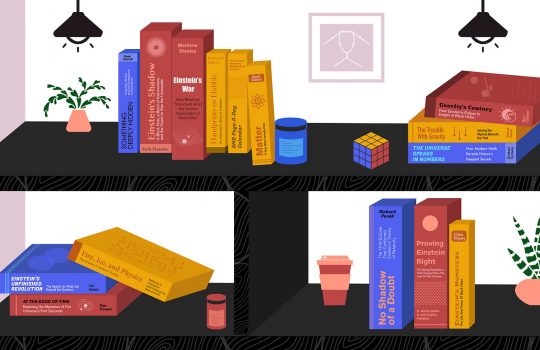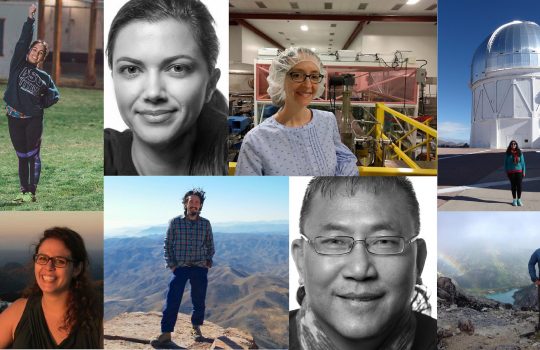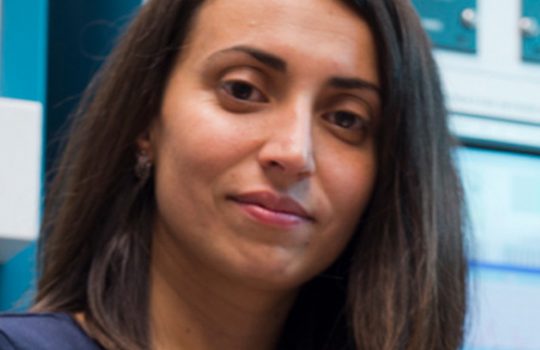The big questions: Josh Frieman on dark energy
From DOE, Dec. 9, 2019: Fermilab scientist Josh Frieman writes about the search for the nature of dark energy at the national laboratories and how the Office of Science’s High Energy Physics program has been at the vanguard of a number of cosmic surveys.



